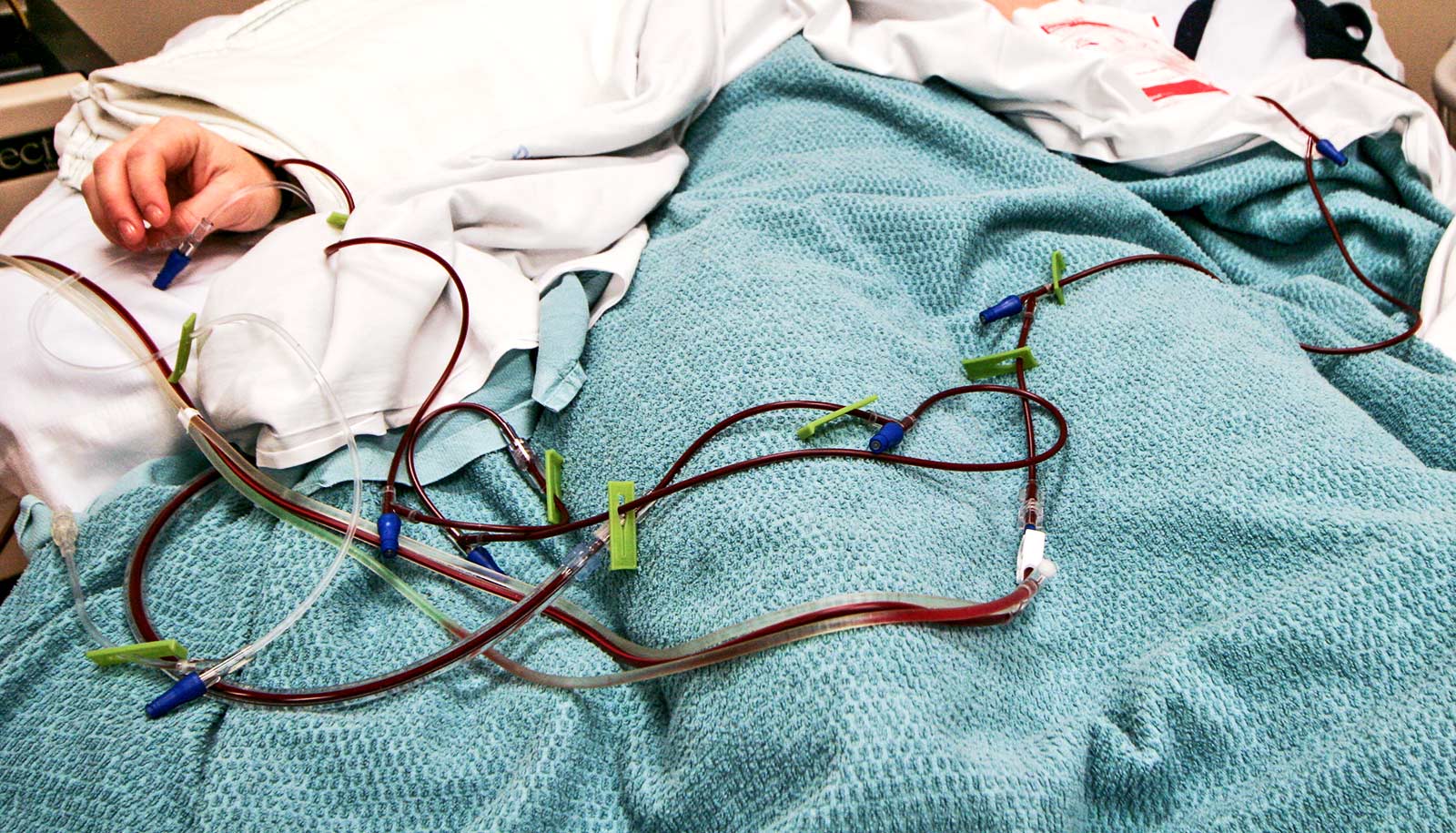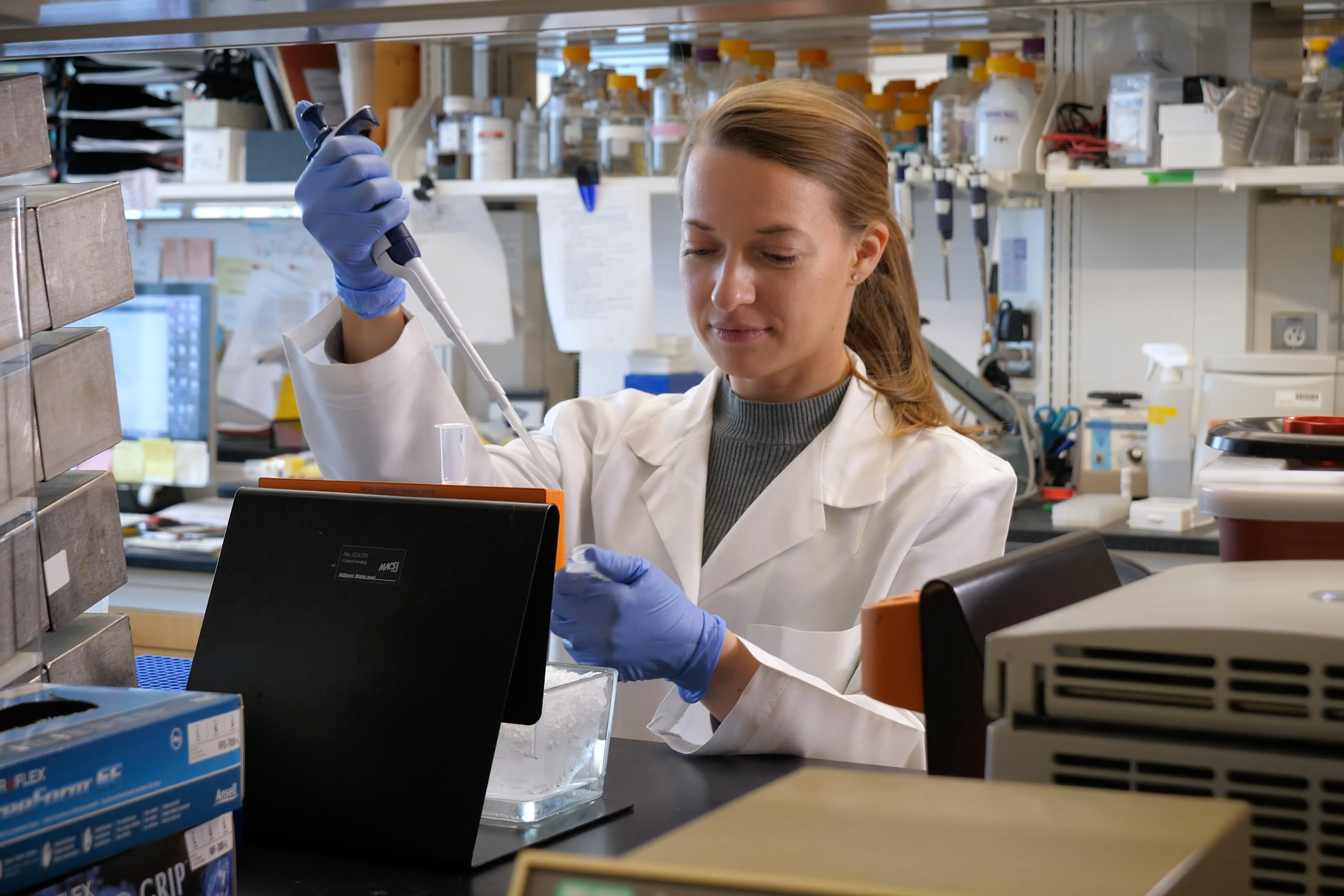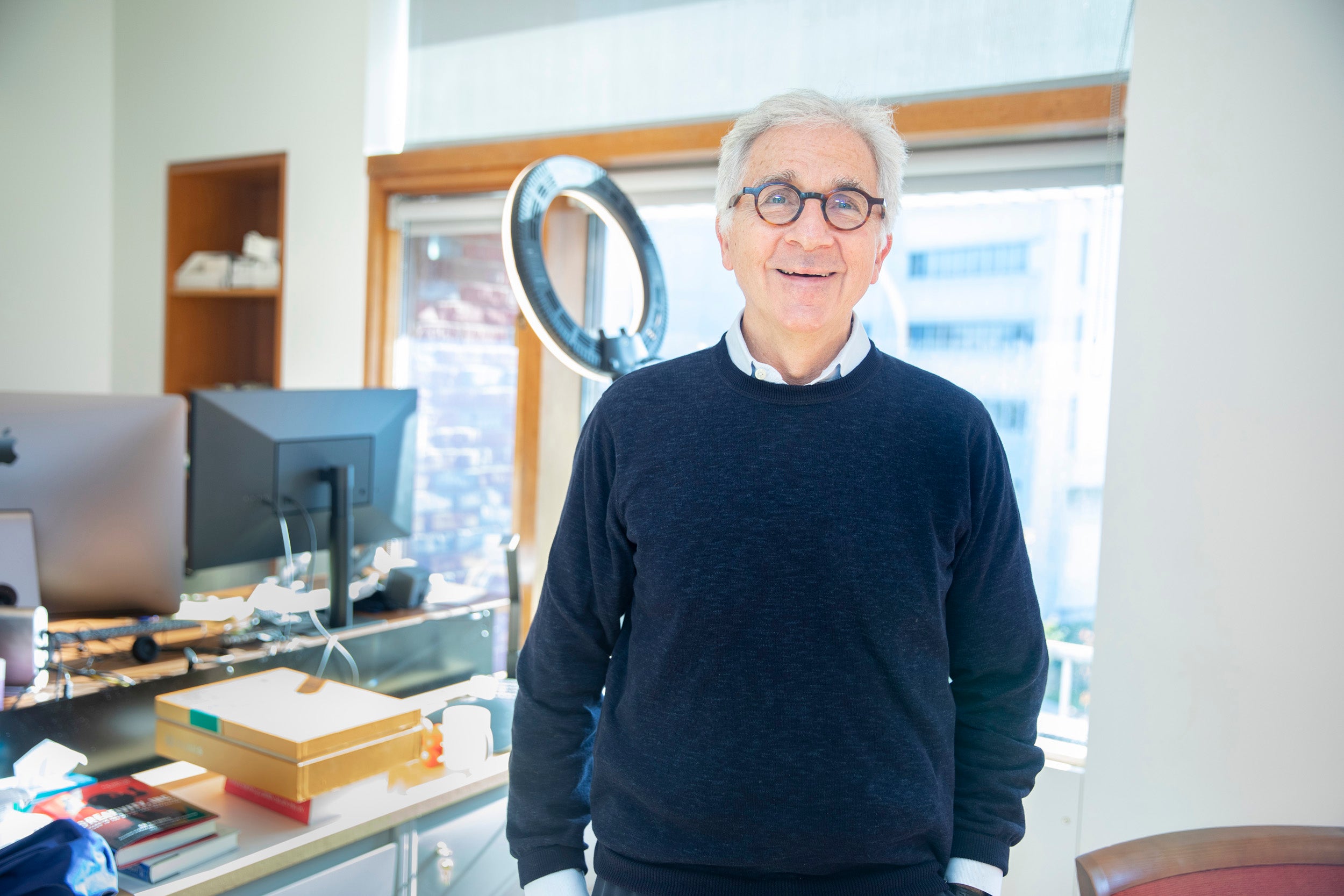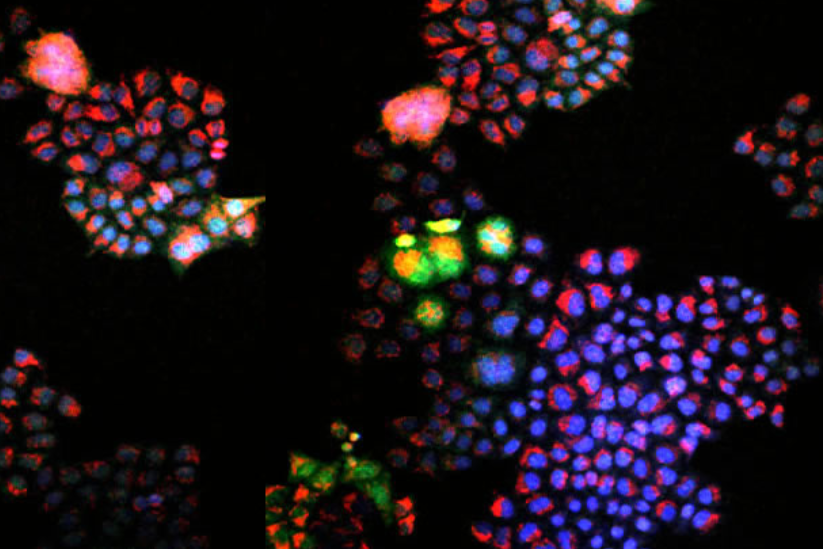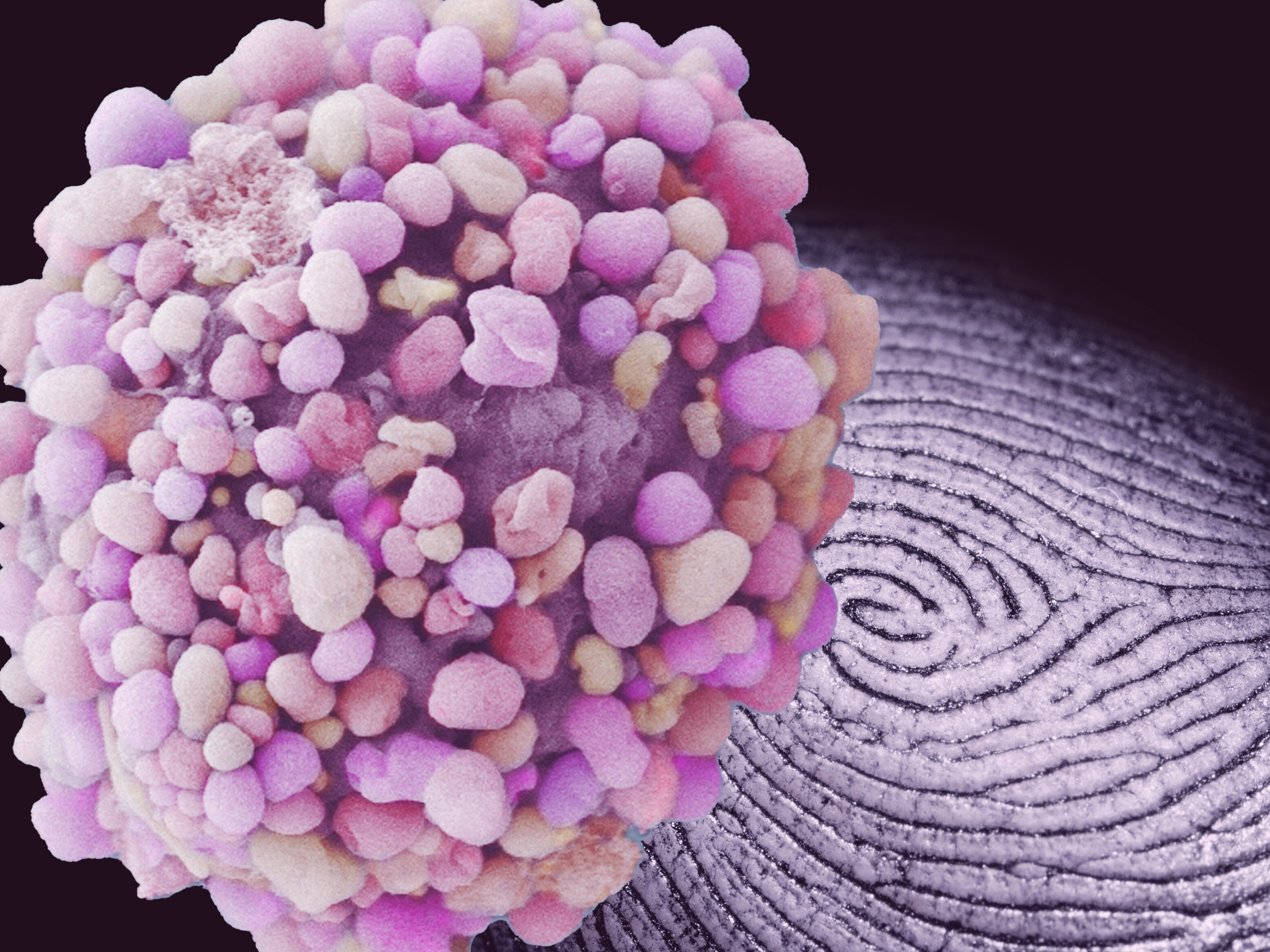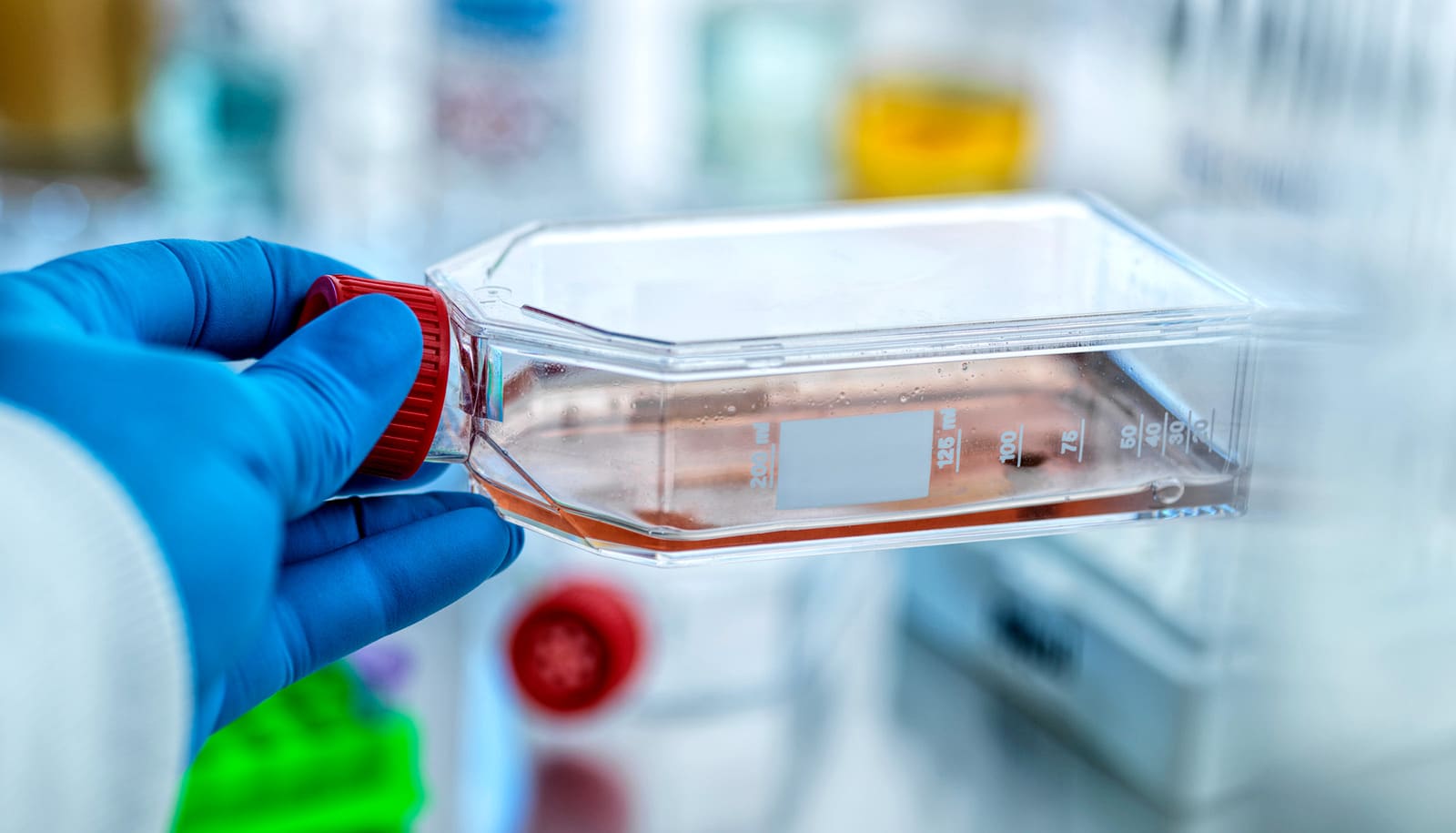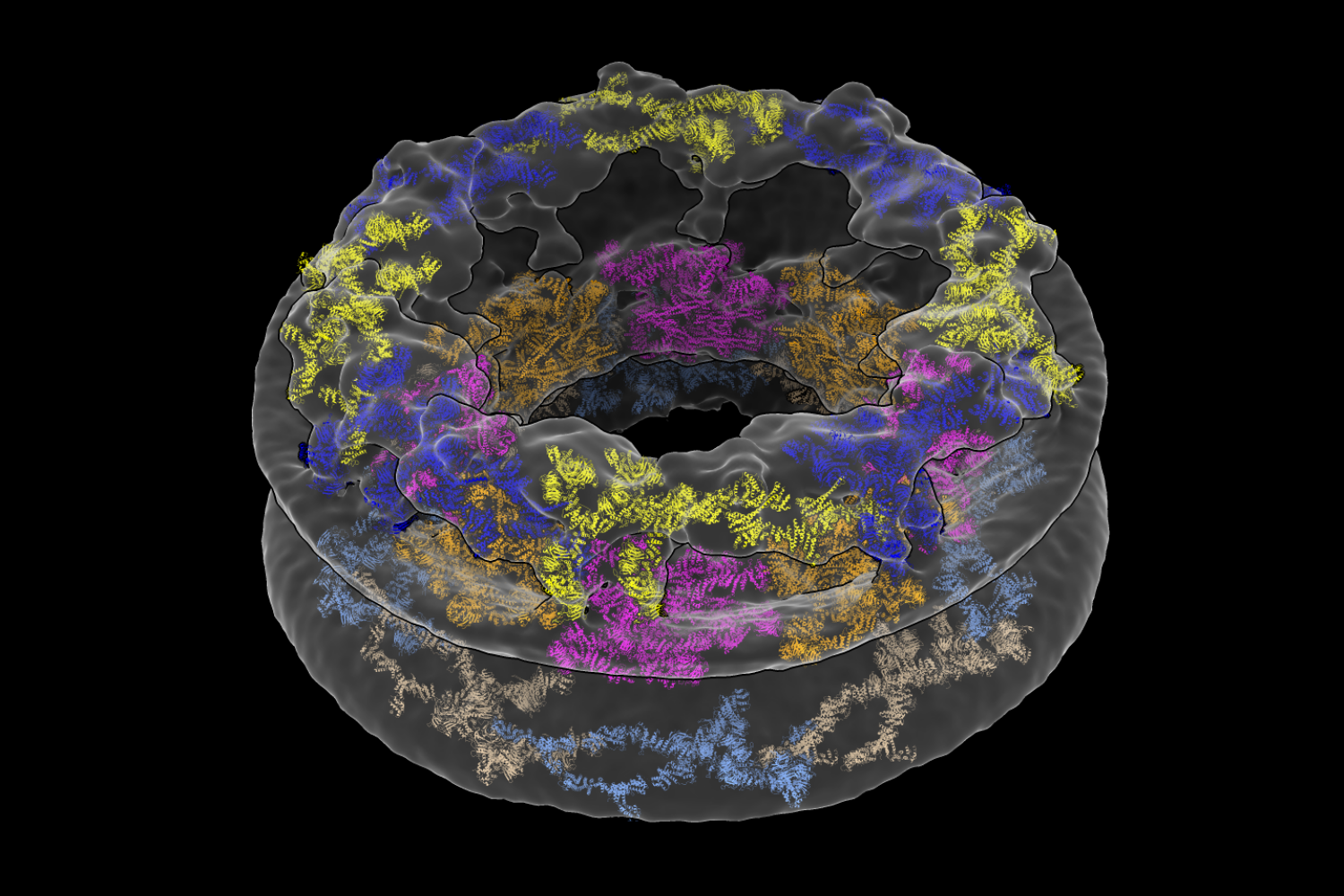The 2021 Nobel Prize for medicine helps unravel mysteries about how the body senses temperature and pressure
The joint award recognizes the long road to deciphering the biology behind the brain’s ability to sense its surroundings – work that paves the way for a number of medical and biological breakthroughs.
Steven D. Munger, Professor of Pharmacology and Therapeutics, University of Florida •
conversation
Oct. 5, 2021 • ~9 min
Oct. 5, 2021 • ~9 min
/
66

